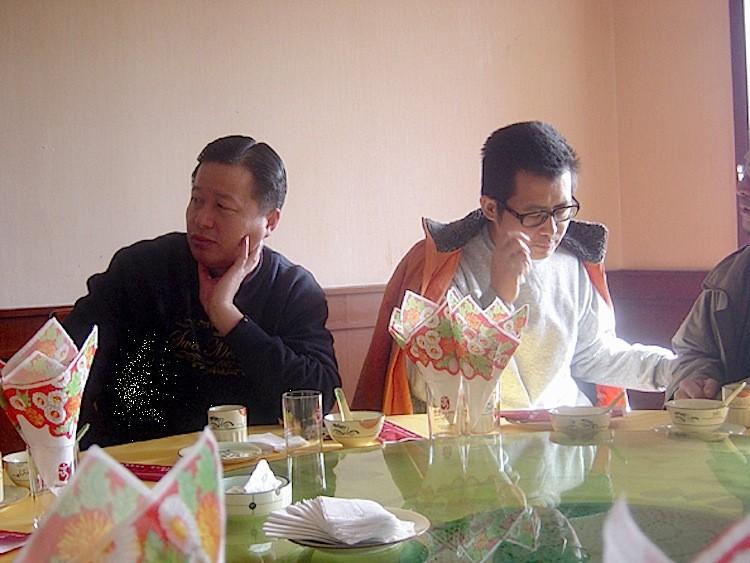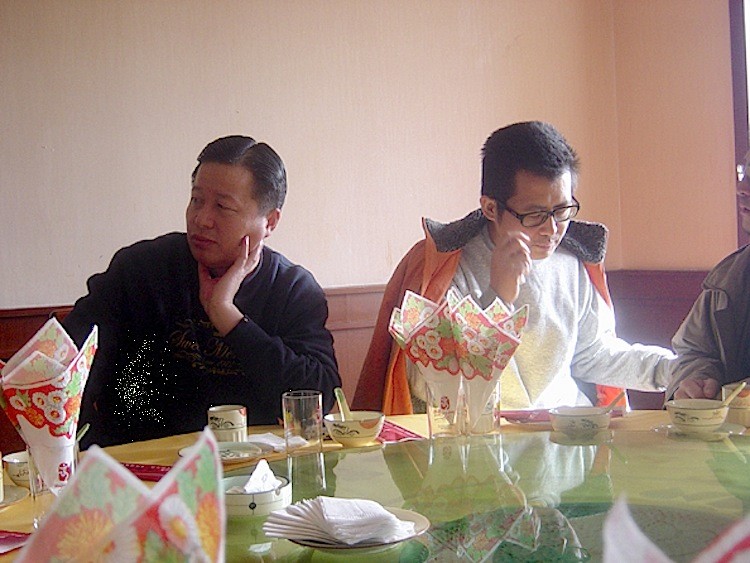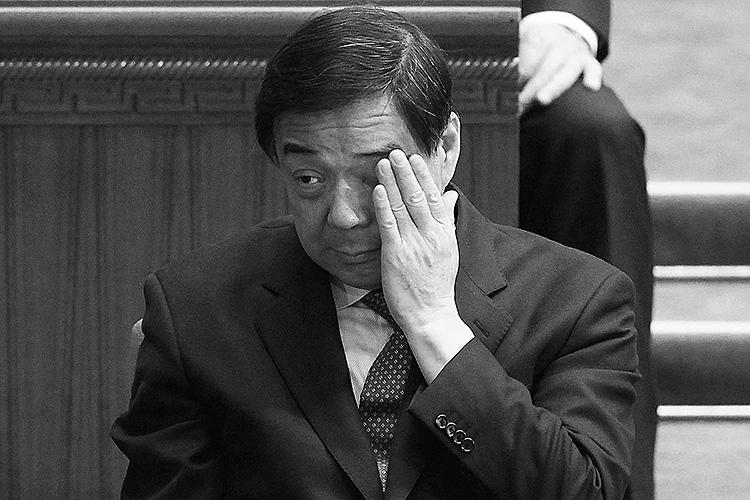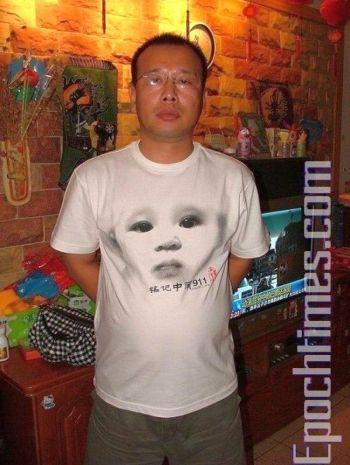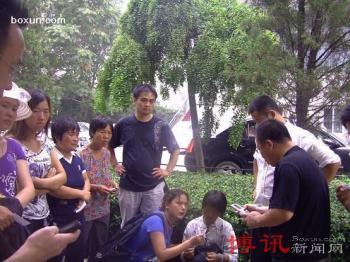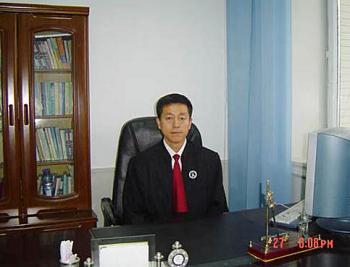Chinese Rights Lawyer Guo Feixiong Released After 5 Years in Prison
Chinese human rights lawyer Guo Feixiong was released from prison on Sept. 13. Although in poor health and weakened by the ordeal of five years imprisonment, he declared himself unchanged in his core.
|Updated:
